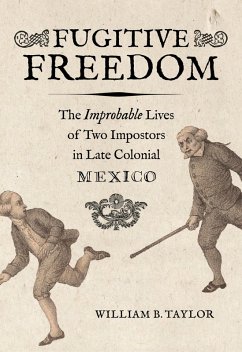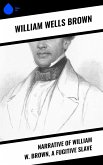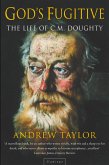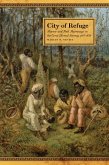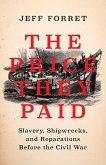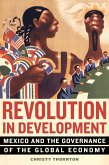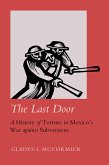The curious tale of two priest impersonators in late colonial Mexico Cut loose from their ancestral communities by wars, natural disasters, and the great systemic changes of an expanding Europe, vagabond strangers and others out of place found their way through the turbulent history of early modern Spain and Spanish America. As shadowy characters inspiring deep suspicion, fascination, and sometimes charity, they prompted a stream of decrees and administrative measures that treated them as nameless threats to good order and public morals. The vagabonds and impostors of colonial Mexico are as elusive in the written record as they were on the ground, and the administrative record offers little more than commonplaces about them. Fugitive Freedom locates two of these suspect strangers, Joseph Aguayo and Juan Atondo, both priest impersonators and petty villains in central Mexico during the last years of Spanish rule.
Displacement brought pícaros to the forefront of Spanish literature and popular culture-a protean assortment of low life characters, seen as treacherous but not usually violent, shadowed by poverty, on the move and on the make in selfish, sometimes clever ways as they navigated a hostile, sinful world. What to make of the lives and longings of Aguayo and Atondo, which resemble those of one or another literary pícaro? Did they imagine themselves in literary terms, as heroes of a certain kind of story? Could impostors like these have become fixtures in everyday life with neither a receptive audience nor permissive institutions? With Fugitive Freedom, William B. Taylor provides a rare opportunity to examine the social histories and inner lives of two individuals at the margins of an unfinished colonial order that was coming apart even as it was coming together.
Displacement brought pícaros to the forefront of Spanish literature and popular culture-a protean assortment of low life characters, seen as treacherous but not usually violent, shadowed by poverty, on the move and on the make in selfish, sometimes clever ways as they navigated a hostile, sinful world. What to make of the lives and longings of Aguayo and Atondo, which resemble those of one or another literary pícaro? Did they imagine themselves in literary terms, as heroes of a certain kind of story? Could impostors like these have become fixtures in everyday life with neither a receptive audience nor permissive institutions? With Fugitive Freedom, William B. Taylor provides a rare opportunity to examine the social histories and inner lives of two individuals at the margins of an unfinished colonial order that was coming apart even as it was coming together.
Dieser Download kann aus rechtlichen Gründen nur mit Rechnungsadresse in A, D ausgeliefert werden.

